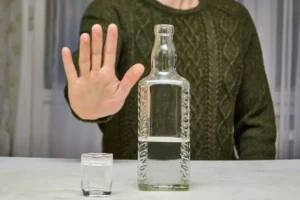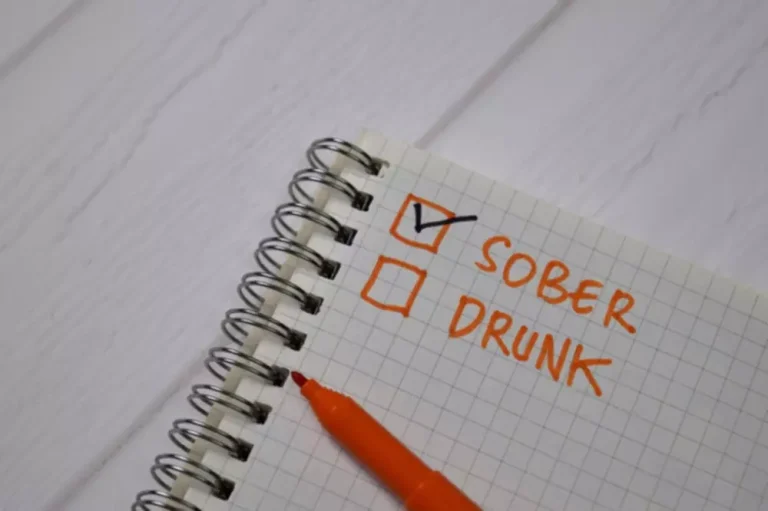
During this time, individuals can receive comprehensive care and support, including behavioral therapy, medication-assisted treatment, and aftercare planning. While 90 days is the recommended minimum length of stay, some individuals may require longer stays depending on their unique needs. Rehab programs can range from as short as 7-10 days to over a year. Shorter programs may be appropriate for those with mild addiction or who cannot take extended time off work or other obligations. Longer-term programs may be necessary for those with severe addiction or co-existing mental health issues.
- Support groups like Alcoholics Anonymous or 12-step meetings are a great way for individuals to stay connected and supported in their recovery journey.
- Rehab, short for drug rehabilitation, is a form of substance abuse treatment or drug addiction treatment program designed to help individuals overcome drug addiction.
- If it’s provided in a residential rehab it may take place in a specialized area that is set aside for detox services.
- Explore why residential treatment centers aren’t always possible for recovery and discover alternatives.
- For many, the first step is to speak with a professional or specialist in the medical field to determine how long your rehab should be.
- When choosing between short-term or long-term rehabilitation, it’s not always easy to decide.
Drug and Alcohol Treatment Options
- Upon intake, any rehab program will assess the patient’s recovery goals and needs.
- Beyond the physical fear, James is overwhelmed by shame and guilt.
- While recommended program timelines exist, real-world factors often disrupt even the most carefully laid plans.
- Rehab length of stay will depend on how severe the addiction is, how long it has been going on, the individual’s progress and willingness during treatment, and how many days insurance will approve.
Contact us today to learn more about our treatment program and get started on your journey to lifelong sobriety. Addiction treatment how long is drug rehab is a process and journey that can take many years. Relapse rates for drug use disorders are between 40% and 60%, which means many people may need long-term or repeated care to overcome addiction. Aftercare and extended care programs are offered at many addiction treatment centers to provide ongoing counseling, behavioral therapy, and support to those who need continued care.

Barbiturate Addiction: Symptoms, Consequences, Treatment, and Prevention
Short-term rehab programs may be suitable for those with mild addictions and supportive home environments, providing a quick and intensive introduction to recovery. However, for those with complex addictions and co-occurring mental health conditions, long-term rehab programs may offer =https://ecosoberhouse.com/ a more comprehensive and effective approach to treatment. Various rehab options are available, each with its own set of benefits and considerations.
Final Thoughts: Finding the Right Path to Recovery
Unearth the path to recovery by alcohol rehab finding good drug treatment centers tailored to your unique needs. Inpatient rehab costs vary widely due to factors like treatment complexity, stay duration, and location. Explore insurance, aid options, and tips to manage expenses.

Experiential therapies, like art, music, or equine therapy, go beyond traditional treatments. But in this new environment, James begins to feel a glimmer of hope. The compassionate medical team reassures him that he won’t face detox alone. With personalized care, holistic therapies, and a calm setting, James starts to heal, one moment at a time.
- Dive into the deadliest effects of drugs, exploring their physical, mental, social, and economic impacts.
- Some treatment centers offer 30-day rehab programs while others offer multiple 30-day programs, allowing clients to extend their treatment as needed.
- In addition to restoring your physical and mental health, long-term and extended care programs allow you to truly understand your addiction and help you to avoid triggers that might lead to relapse.
- After going through a medically managed detox, patients undergo intensive therapy to pinpoint the root cause of addiction.
- Longer-term programs may be necessary for those with severe addiction or co-existing mental health issues.
- Addiction Resource does not offer medical diagnosis, treatment, or advice.
